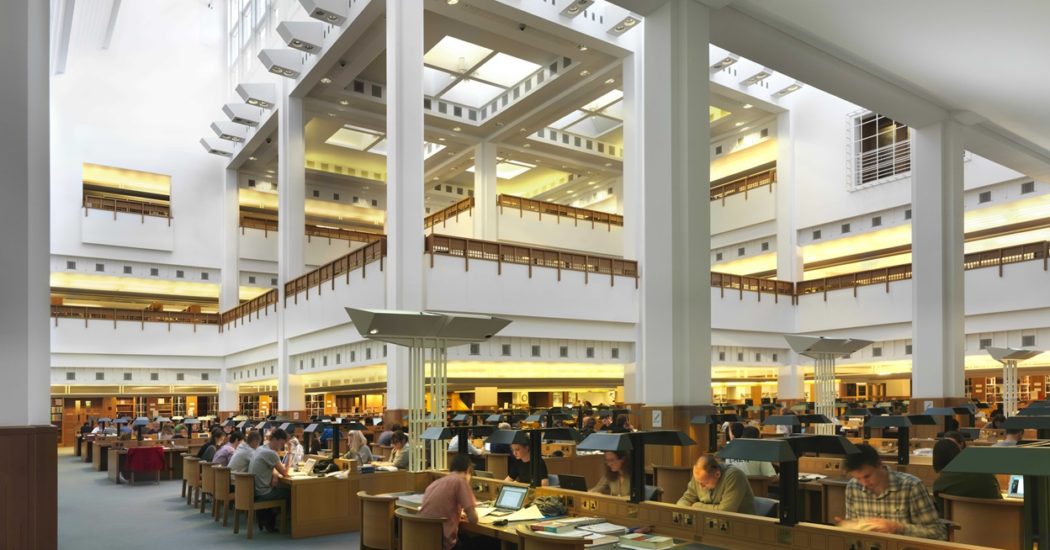
Bookkeeper Jean Armor Polly alongside African pioneer Adiel Akplogan are among the current year’s 11 inductees to the Internet Hall of Fame.
The cutting edge web didn’t occur coincidentally. It took many years of work to turn what used to be a dark system utilized by few scholastics into a worldwide marvel coming to about a large portion of the individuals on Earth.
At regular intervals, the Internet Society’s “Internet Hall of Fame” praises the individuals behind those endeavors. There’s no money related reward, and not at all like the Rock and Roll Hall of Fame, the Internet Hall of Fame exists just on the web. Be that as it may, the respect sparkles an uncommon focus on the individuals, chosen by previous inductees, who made the web what it is today. A few inductees, as Vint Cerf, who co-made the TCP/IP convention, and World Wide Web maker Tim Berners-Lee, are moderately outstanding. On Friday, the Internet Society will invite another clump of inductees to the Hall of Fame that they have probably never known about, yet whose online commitments they may underestimate.
For instance, it’s presently a given that pretty much every open library in the US has work stations for getting to the web. It’s only a piece of what you anticipate that a library should do. Be that as it may, when Jean Armor Polly proposed that the library in modest Liverpool, New York, close to Syracuse, offer free web to people in general in the mid 1990s, the thought was unbelievable.
10 years sooner, Polly, crisp out of library school, inadvertently went to a session about PCs in schools at a meeting of curators. “I knew computers would be something that kids would take advantage of,” she says. “But how were their parents supposed to get these skills? Or senior citizens or anyone else in the community?”
Polly had persuaded the Liverpool Public Library to purchase an Apple PC, making it one of the primary open libraries to offer access to a PC to benefactors. Before long, Polly started utilizing early online administrations by means of dialup like the WELL, and helped the Liverpool Public Library make its very own announcement board framework. Facilitated from a solitary PC, the “Night Shift” administration didn’t give web get to, however it enabled clients to dial in from home and trade messages with other Night Shift clients.
“Then in about 1991, I got my first internet account and the scales fell from my eyes,” Polly says. “I thought, ‘How are we going to get this into the public’s hands?'”
This was before Berners-Lee had made the web, when the web was increasingly hard to utilize. In any case, Polly worked with the web access supplier Nysernet (New York State Education and Research Network) to get a dialup web represent the library.
Polly ventured to every part of the US advancing the possibility of online access in libraries, however different libraries were delayed to pursue. Shockingly, she got pretty much nothing if any pushback from business internet services stressed that free access at the library would hurt their deals; the pushback originated from different administrators. “The internet was considered a competitor to librarians,” Polly says. “There was a lot of skepticism about the authority of people on the internet trying to tell you facts. Librarians, in general, did not embrace the internet early on, certainly not for the general public.”
It took long stretches of evangelism from bookkeepers like Polly to make the web close to universal at libraries. It took comparative endeavors to spread the web the world over.
Adiel Akplogan, another of Hall of Fame inductee, helped start an early internet service in West Africa while working for Togo-based broadcast communications organization CAFE Informatique and Télécommunications. Akplogan had seen the estimation of organized registering because of the French online help Minitel, which was accessible in Togo and a great part of the Francophone world. Bistro offered Minitel administration, yet in 1996 he and a portion of his partners were welcome to a web workshop in Canada and chose to dispatch a network access in CAFE had just explored different avenues regarding web access inside the organization, yet few in the organization saw the benefit of offering business web access. “We got laughed at several times while we were setting up our ISP,” they says. “No one was seeing internet service as something serious.”
In 1996, CAFE ventured out selling web access by propelling a dialup announcement board that empowered clients to send and get email. To do this, CAFE dialed into internet providers in the US and Ghana three times each day to send and get email. That administration was effective enough to legitimize purchasing a committed satellite web association that the organization used to offer a full dialup network access. Afterward, Akplogan established African Network Information Center and built up a few other African web access suppliers.
Alongside Polly and Akplogan, the Internet Hall of Fame will likewise draft Elise Gerich, who assisted with the change of web ancestor Nsfnet into the cutting edge open web; previous right hand secretary of the Commerce Department Larry Irving, who helped attract regard for the computerized partition; José Soriano and Michael Stanton, who carried the web to Peru and to Brazil, individually; Klaas Wierenga, who designed the worldwide scholarly Wi-Fi meandering help Eduroam; cybersecurity analyst Suguru Yamaguchi; web information specialist Kimberly Claffy; Douglas Comer, who composed a few fundamental course readings on web innovation; and Dan Lynch, who advanced early web principles and conventions.
Disclaimer: The views, suggestions, and opinions expressed here are the sole responsibility of the experts. No journalist was involved in the writing and production of this article.

